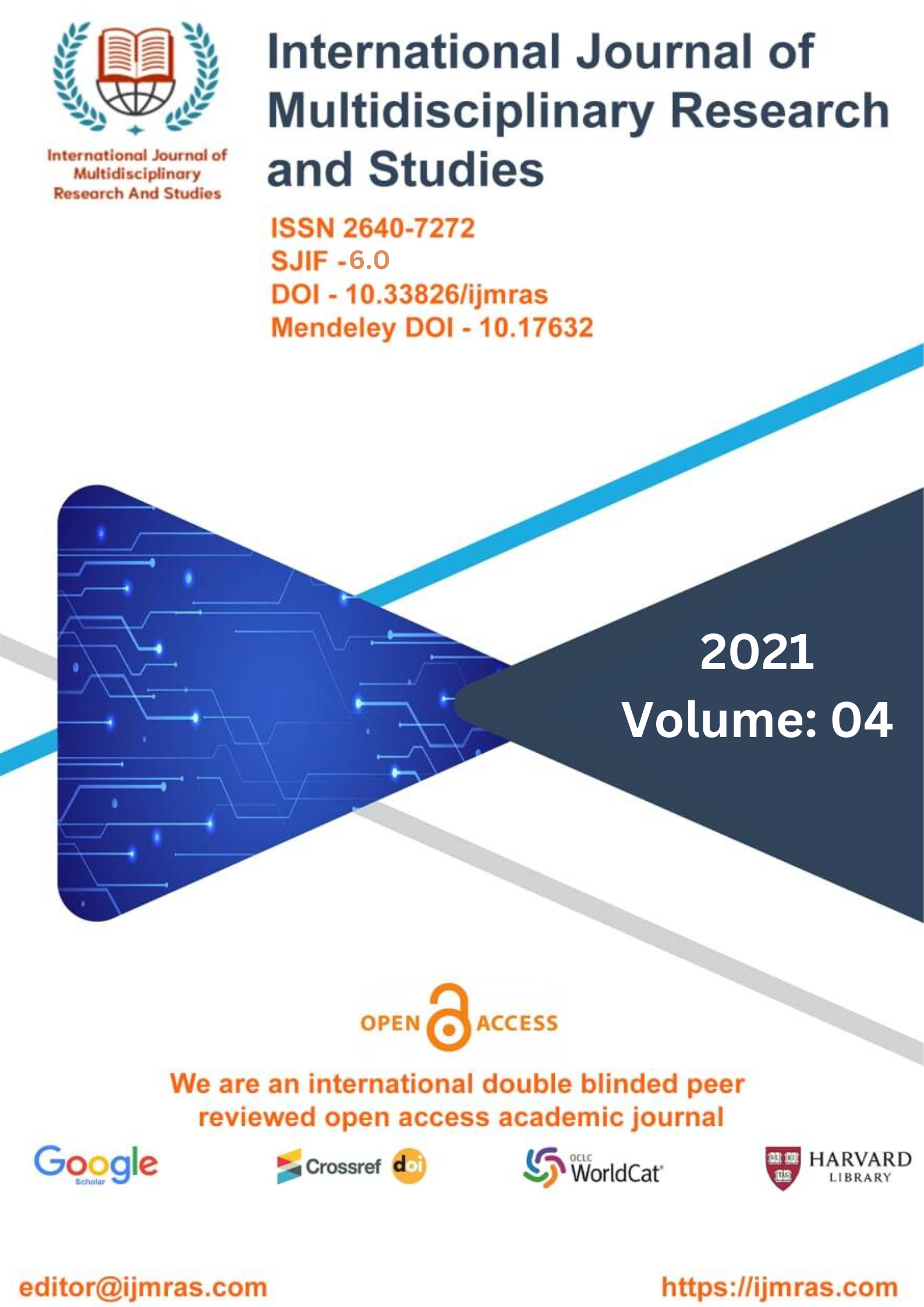VIJAY TENDULKAR ‘S THEMATIC CONCERNS

Abstract
Young Vijay was inspired to begin writing as a result of the literary atmosphere that existed in his household. At the age of six, he composed his first narrative. After spending his childhood seeing western plays, he became motivated to compose plays of his own. He wrote, directed, and appeared in his very first play when he was just eleven years old. After dropping out of school at the age of 14, he joined the Indian Freedom Movement and became active in the cause. The latter caused him to become estranged from his family as well as his pals. Work became his release after that, despite the fact that the majority of his early writing was of a more personal character and was written with the intention of being published. Writing for newspapers was where Tendulkar's professional life first started. Tendulkar's works swiftly altered the plot of contemporary Marathi theatre in the 1950s and 1960s, when experimental performances were staged by theatrical companies such as Rangayan. Vijay began his professional life as a journalist and then rose through the ranks to become the head of the Sangeet Nataka Academy. He authored thirty full-length plays in Marathi, ten of which were translated into English. He also wrote plays in other Indian languages. The ideas of power, aggression, and inequality between the sexes are presented in a variety of ways throughout all of these plays. Both Silence! The Court Is In Session and Kamala, two of his plays, deal with the topic of gender-based discrimination in some form or another. The play Sakharam Binder is an examination of the violent nature of humans.
Keywords
thematic, writing, concerns, aggressionHow to Cite
References
Agarwal, Beena. Dramatic World of Vijay Tendulkar. Aadi Publications.
Babu M. Sarat. Vijay Tendulkar’s Ghasiram Kotwal. Prestige Books, 2002.
Tendulkar, Vijay. Collected Plays in Translation. The Vultures. Translated by Priya Adarkar. New Delhi: OUP, 2003.
Bandyopadhyay, Samik. Collected Plays in Translation. New Delhi: Oxford University Press, 2003. Print.
Chakraborty, Kaustav. Indian Drama in English. Delhi: PHI Learning Private Limited, 2014, Print.
Dharan, N. S. The Plays of Vijay Tendulkar. New Delhi: Creative Books, 1999, Print.
Dr. Dubey Meenu, Dr Amar Nath Prasad. Indian English Drama: A Critical Exploration. Jaipur: Sunrise Pubplishers and Distibutors, 2012, Print.
Khatri, C. L. Vijay Tendulkar: A Critical Study. New Delhi: Authors press, 2001, Print.
Magde, V.M. Three Modern Plays of Karnad, Sircar and Tendulkar. New Delhi: OUP, 2010, Print.
Naikar, Basavraj. Glimpses of Indian Literature in English Translation. Virgo Press, 2008, Print.
Wadikar B. Shailaja. New Horozons Modern Theatre. New Delhi: Atlantic Publishers and Distributors (P) LTD. 2013, Print.
Abrams, M. H. and G. H. harpham. A Glossary of Literary Terms. New Delhi: Cengage, 2010, Print.
Arnold, Peter. An Introduction to Greek Theatre. London: Longman, 1980. Print.
Aston, N.M. Literature of Marginality: Dalit Literature and African-American Literature, New Delhi, Prestige 2001, Print.
Baldick, Chris. The Oxford Dictionary of Literary Terms. New York, Oxford University Press, 2008. Print.
Craig, Edward. The Theatre. London; Little Brown, 1919. Print.
Daiches, David. A Critical History of English Literatur, vol-2. New Delhi: Allied Publishers Limited, 1969. Print.
Das, Veena Noble. Modern Indian Drama in English Translation. New Delhi: Prestige, 1988 Print.
Dodiya, J. K. Indian English Drama: Critical Perpective. New Delhi: Sarup and Sons, 2000 Print.
Varadpande, M.L. Traditions of Indian Theatre. New Delhi: Abhinav Publications, 1979 Print.
Vatsyaya, Kapila. Traditional Indian Theatre: Multiple Streams. New Delhi: National Book trust, 1980. Print.
License
Copyright (c) 2021 Pramod Thakur

This work is licensed under a Creative Commons Attribution 4.0 International License.
Individual articles are published Open Access under the Creative Commons Licence: CC-BY 4.0.




